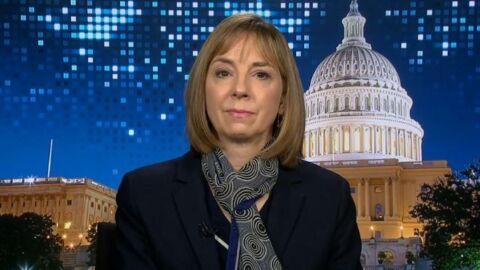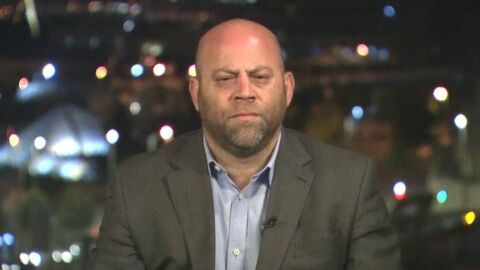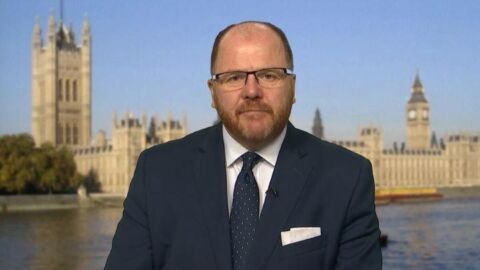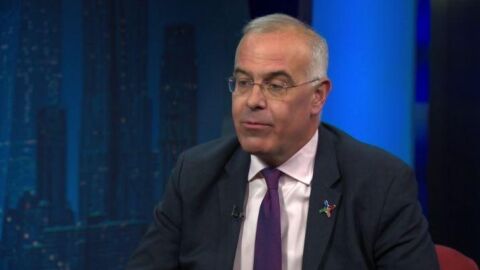Read Transcript EXPAND
CHRISTIANE AMANPOUR: Let’s just have you, you know, comment on first what the president said, that he thinks the chances are much better now that Benjamin Netanyahu has won. I mean, we still don’t know the final tally but most believe he will be able to cobble together the next coalition.
MICHELE DUNNE, DIRECTOR, CARNEGIE ENDOWMENTS MIDDLE EAST PROGRAM: Well, look, clearly, this is the outcome that President Trump was hoping and he did a couple of things, you know, to actually try to help Netanyahu in this election. I don’t know how much of a difference they actually made inside of Israel. But it was clear, you know, President Trump’s leanings and he’s been close to Netanyahu all along.
The question now, I mean, we heard National Security Adviser Bolton just said, you know, within the past 24 hours that their peace plan will be coming forward very shortly. Presumably, that would be after coalition government has been formed in Israel. Because I do think whatever the Trump administration would put forward in a peace plan, even if it would be very much skewed to the likings of Likud, could cause a problem with Netanyahu’s other right-wing coalition partners. So, you know, the Trump administration has been, in a way, just implementing its plan, bringing about these changes in U.S. policy toward Jerusalem, toward the Golan, toward the Palestinians in general. And you know, it might be actually preferable for Netanyahu if Trump would continue to do things like that rather than try to put out a comprehensive plan that, you know, could cause some static.
AMANPOUR: Well —
DUNNE: Right, the Israeli right.
AMANPOUR: Yes. I mean, they’re bound to sort of reject just about everything as they have done in the past. But I guess, you know, the president says it, Jared Kushner says it, I had Danny Danon, the U.N. ambassador of Israel on the program who said he expects it to be delivered shortly, as you just mentioned, after the government is in place. But what do you know that’s in it? I mean, we’re all speculating but there’s all sorts of, you know, diagrams and drawings, I mean, metaphorically, of realignments and how a bunch of, you know, Arab States will align with Israel, isolate Iran and basically, you know, make this sort of regional deal.
DUNNE: Well, I mean, in terms of the Palestinians, it does seem what the Trump administration has in mind is to say to the Palestinians, you know, “You have lost. You know, here’s something small that’s being offered to you, say some, you know, limited self-rule and communities in the West Bank, and just accept that.” And of course, we have seen already that the Palestinians are of no mind to do that. In terms of Arab States, it seems to me that that the further Trump goes with these unilateral American measures, and I have to say, it’s really ironic because the United States has long rejected unilateral steps by other parties related to the peace process. But the further that Trump goes with this, the more problems it causes for Arab allies.
About This Episode EXPAND
Benjamin Netanyahu wins the Israeli election. Experts weigh in on how and when and even if Brexit will happen. Author David Brooks discusses America’s spiritual and moral crisis.
LEARN MORE




